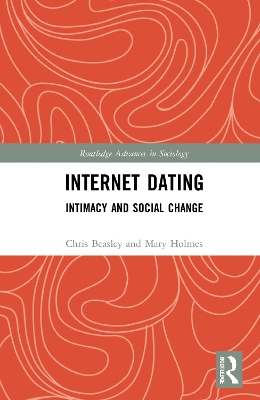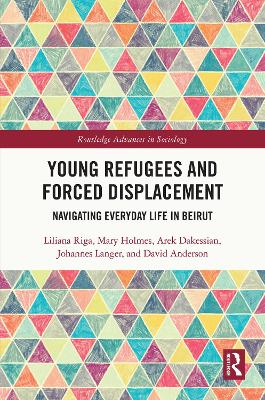Routledge Advances in Sociology
2 total works
Internet Dating deals primarily with the experiences of UK and Australian daters, examining their online accounts to see what kinds of narratives, norms, emotions and ‘chemistry’ shape their dating.
Has the emergence and growth of internet dating changed the dating landscape for the better? Most commentators, popular and academic, ask whether online dating is more efficient for individuals than offline dating. We prefer a socio-political perspective. In particular, the book illustrates the extent to which internet dating can advance gender and sexual equality. Drawing on the voices of internet daters themselves, we show that internet dating reveals how social change often arises in the unassuming, everyday and familiar.
We also pay attention to often ignored older daters and include consideration of daters in Africa, Scandinavia, South America, Asia and the Middle East. Throughout, we explore the pitfalls and pleasures of men and women daters navigating unconventional directions towards more equitable social relations.
Young Refugees and Forced Displacement
by Liliana Riga, Mary Holmes, Arek Dakessian, Johannes Langer, and David Anderson
Young Refugees and Forced Displacement is about young Syrian and Iraqi refugees navigating the complex realities of forced displacement in Beirut. It is based on a British Academy funded two-year project with 51 displaced youths aged 8 to 17 and under the care of three local humanitarian organisations. Focus groups, interviews and innovative arts-based methods were used to learn about their everyday lives. At the end of the project, we coproduced with them a public mural, allowing unexpected epistemological and methodological reflections on researching refugees and the "right to opacity."
Families and friendships, humanitarian caregiving, racism, discrimination and everyday decencies and civilities make up the stuff of their ordinary, everyday encounters within refugeedom, defining both its sharper edges and its more inadvertent and quietly political ones. Thus, refugeedom, as we conceive it, includes "the humanitarian condition" but goes a little beyond it, to become also a human condition of political alterity. In navigating refugeedom, the young Syrians and Iraqis become sophisticated political and moral actors, using emotional reflexivity as they engage layered subjectivities to define the terms of their own forced displacement. This book will be of interest to policymakers, humanitarian organisations, social science scholars and students working on refugees, displacement, humanitarianism, intimacies and emotions, racism and discrimination. It may also be of interest to displaced youth.

